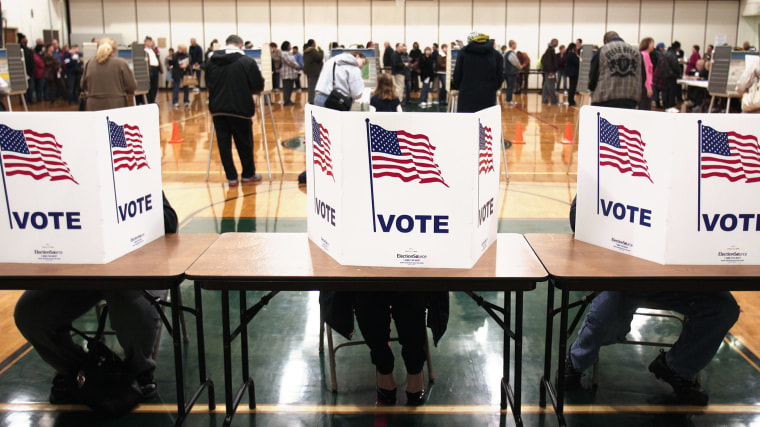From The Washington Post:
Note: This is a guest post by Justin Levitt, a professor at the Loyola University Law School and an expert in constitutional law and the law of democracy, with a particular focus on election administration and redistricting.
Voter ID laws are back in the news once again, with two new opinions from the Wisconsin Supreme Court late last week dealing with the state's ID requirement, which would allow people to vote only if they provide certain forms of government-issued ID. The Court made some minor changes to the law but otherwise upheld it. However, the ID requirement is still on hold pending a federal lawsuit.
Part of this litigation — and any rational debate about the issue generally — hinges on two things: costs and benefits. The costs of these sorts of laws vary, because the laws themselves differ from state to state (some are far more burdensome than others). The ostensible benefits, though, are all the same. And in addressing these purported benefits, the Wisconsin Supreme Court blew it. Twice.
Read the rest of this story on The Washington Post.
